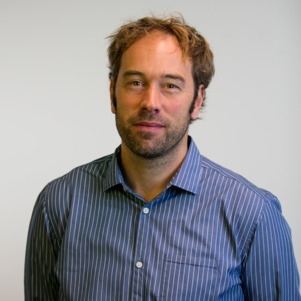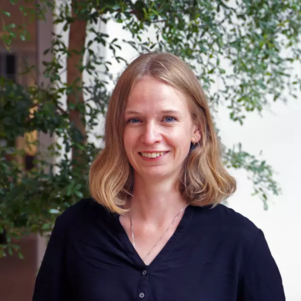“Increasing the availability of fresh water in coastal areas”
Climate-resilient agriculture in the Dutch salinizing coastal delta: innovative water management, adaptive agriculture, and promising transition pathways (AGRICOAST)
The aim of AGRICOAST is to both increase the availability of fresh water and to promote its efficient use through a combination of technological innovations, water management innovations and innovative policy packages.
In various Field Labs, for example on Texel and in the Lauwersmeer area, research will be conducted in cooperation with farmers and Acacia Water into how infiltrating rainwater can be better retained in the (agricultural) soil by means of level-controlled drainage. In addition, research is taking place into upscaling water storage in the deeper subsurface in aquifers. This will be combined with pre-treatment of the fresh but polluted drainage water to be infiltrated, to improve both water availability and quality.
In order to increase the efficiency of freshwater use, in the same Field lab researchers will look into underground irrigation of crops by means of the drainage system (sub-irrigation); into the smarter flushing of polders that are salinizing due to brackish groundwater seepage, using the fresh water from the IJsselmeer; and into combined salt and drought stress in crops (by WUR) so that irrigation is only applied when necessary. This project nicely illustrates the complementarity of 'blue' TU Delft and 'green' WUR knowledge.
Field labs often operate outside the regular policy framework, limiting large-scale application and so stagnating the transition to an actual climate adaptive system. A PhD student led by Delft scientists Ellen Minkman, Wijnand Veeneman and Leon Hermans will research ways to scale up these pilots nonetheless, using a serious game. This serious game, which is being developed with the aid of TU Delft's Game Lab, investigates how new administrative interventions can support water boards and other authorities in policy-making for climate-adaptive agriculture and horticulture.
Project leader Boris van Breukelen: "In AGRICOAST we develop technologies using the TU Delft approach: by combining flexible design, thorough field research, model development and knowledge of what will work in practice, we develop integrated solutions that can make the difference."
The consortium consists of companies, knowledge institutions and social organisations. The following parties participate: Acacia Water, Wageningen University, Stichting Hagelunie, Hoogheemraadschap Hollands Noorderkwartier, Wetterskip Fryslân, Waterschap Noorderzijlvest, STOWA, Broere Beregening, Field Factors, Van Leeuwen Trenchless Technology, P2, Deltares, LTO-Noord, The Potato Valley, Stichting Proefboerderijen Noordelijke Akkerbouw, Greenport Boskoop, and various farmers, including Mts van der Ploeg-Rispens, VOF Langeveld, and agricultural company Arends.


